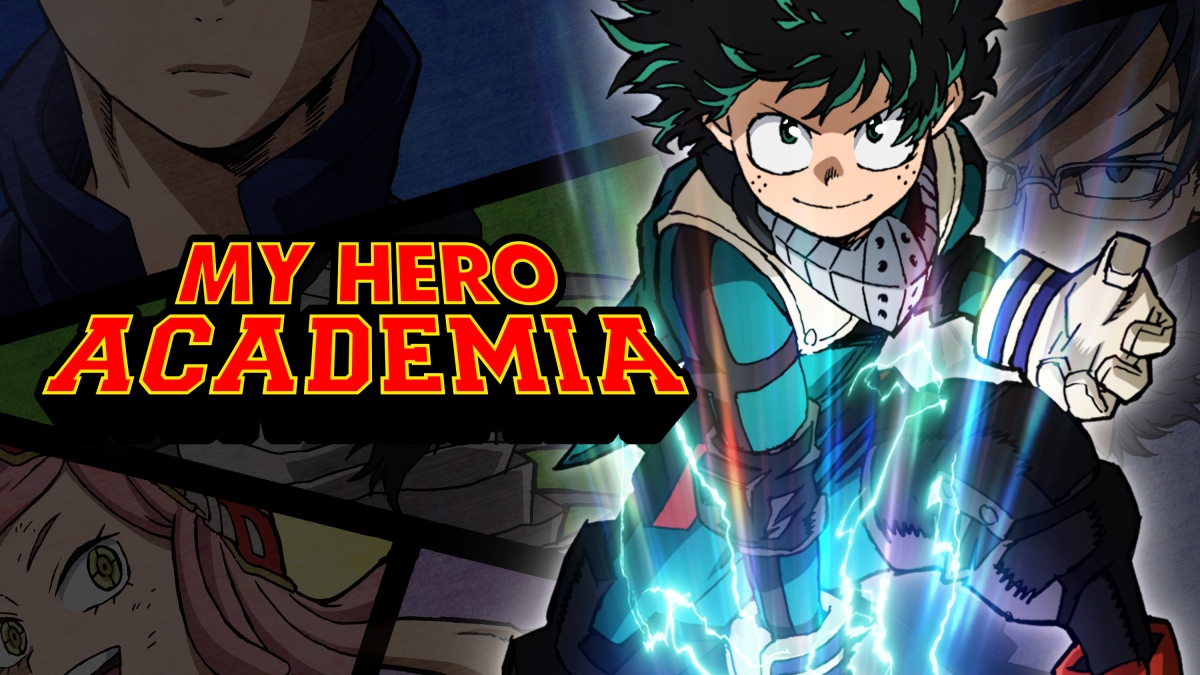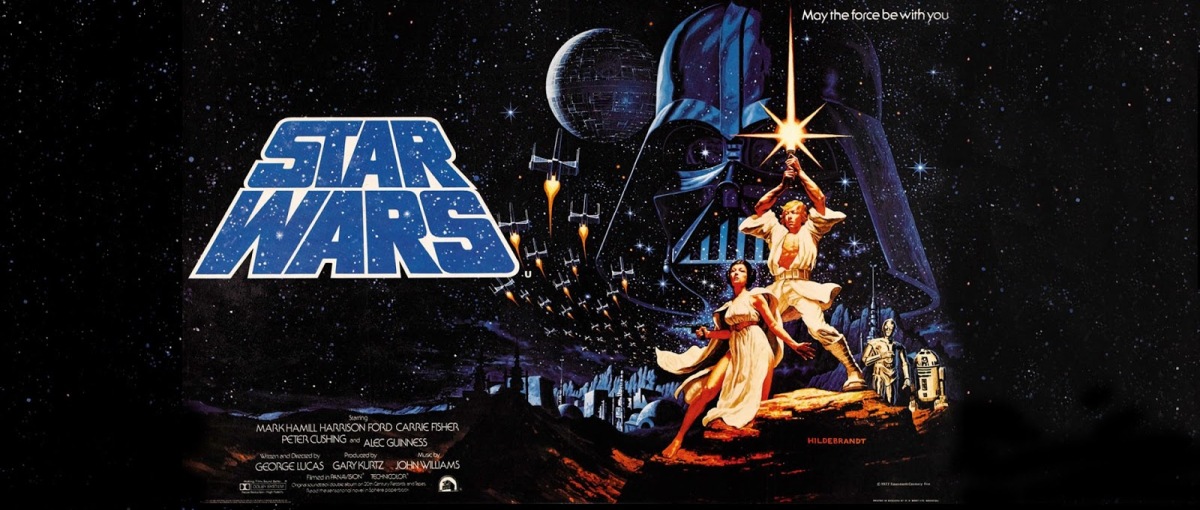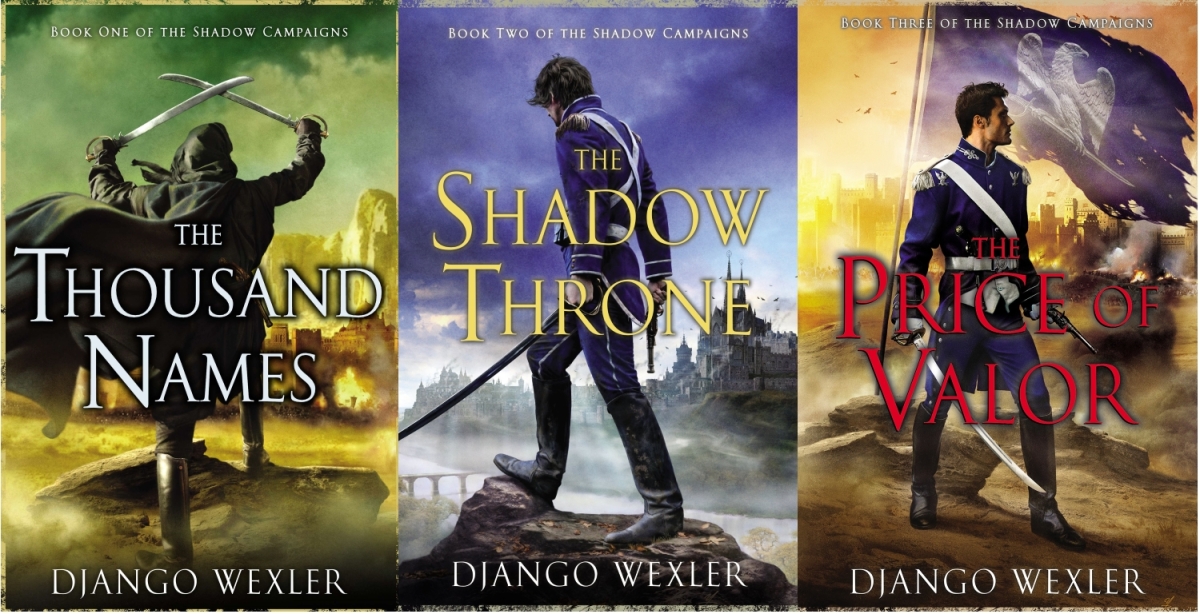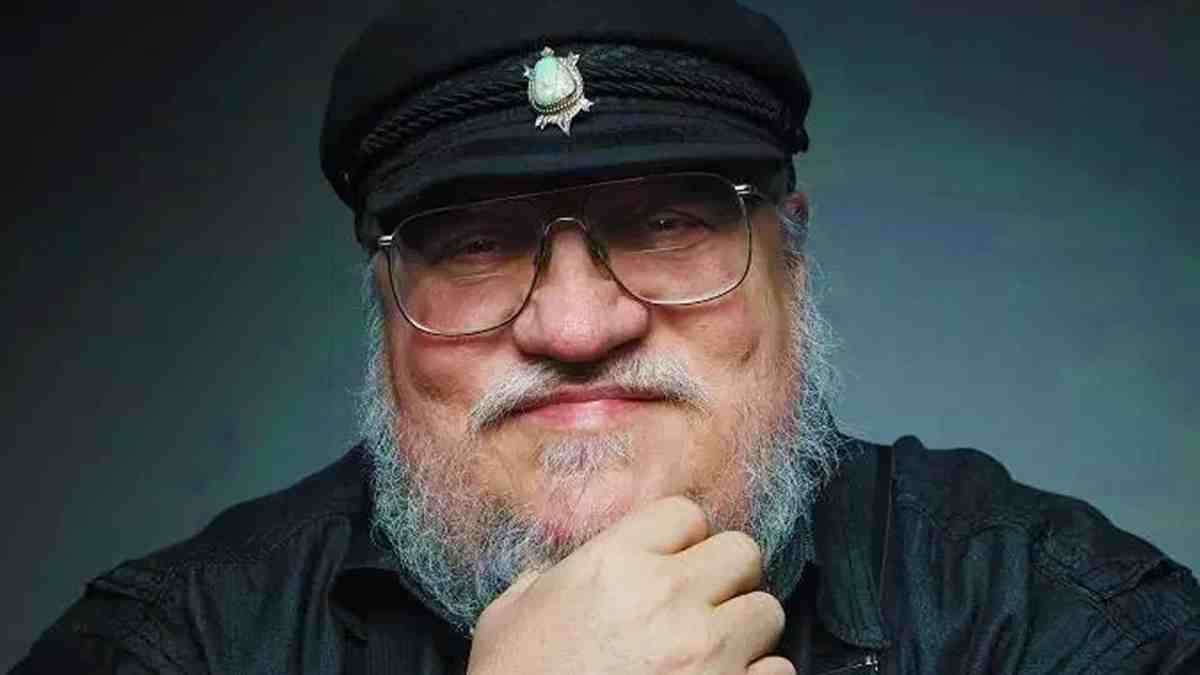This is my second post of the Viewer’s Soul series. I would highly recommend that you read part one before venturing ahead, lest you be confused.
Why is our modern society so obsessed with heroism? Sure, every generation has had some iteration of the heroes journey told in myth, but why does this era make so many? While discussing the hero’s journey and the abstract demigod archetype Doctor Jordan Peterson makes a succinct and compelling case: we “killed god” and are now left in darkness, looking desperately for a new light.
It’s an intriguing theory, to say the least. Modern society has been sanitized in modern science, replacing God with deductive reasoning and empirical truths. Religion has been driven to the recesses and philosophy relegated to a mere collegiate degree. Gone are the days of great men postulating great things while pointing to a higher power. Instead, humanity now has the religiosity of atheism and the ethos of nihilism. To move things to a more personal level, people are told to believe in nothing except their own fickle hearts, which are often dulled and censored at every turn by society.
The physical world has also grown so much more boring. The great, tyrannical evils of the 20th century have been replaced with petty oligarchs manipulating the masses. Once upon a time, even the first world was enveloped in ever-increasing warfare. Men were called to heroically die in the field of battle, while women were ordered to heroically sacrifice in their absence. All of this was for the perceived national greater good, perpetuated by propaganda that may or may not have been true. That same propaganda painted the enemy as vile orcs fit for any Lord of the Rings movie. Survival was at stake!
While the Internet has had many positive impacts for humanity, it has also made the world dreadfully small. Once upon a time, entire empires claimed continents but were ignorant of their peers. Roman and the Chinese dynasties sparsely traded with each other, but each was separated by several oceans and the tallest mountain range in the world. Exploration by brave and adventuresome explorers could yield entire new continents, profitable trade routes, and fame for centuries. In the modern world, only the deepest of seas and the fringes of our planetary atmosphere offer new adventures.
So where does this leave us collectively? The average fictional consumer is now purposeless, bored, and in dire need of an adventure. They can’t even distinguish good from evil in their everyday life, only shades of gray. In short, they need a hero on a journey to inspire them. That’s why there are more superhero stories now than just about anything else. Even the timeless genres of romance and comedy have started to be warped by the insatiable desire for superheroes. The hero complex has subsumed us all. But don’t get me wrong, this isn’t always a bad thing! It all depends on the writer.
Perhaps the epitome of this syndrome is My Hero Academia, a very well written comic book/manga that has become a wildly successful television series. The story is set around an unassuming, normal high school boy in a world full of super-powered people. Early on in the story, the boy miraculously receives his own superpowers. From that point onward, this protagonist sets off on a well-created, but ultimately predictable hero’s journey. Thankfully, it’s at least well executed. Not surprisingly, Hollywood recently announced that they are making a movie adaptation.
Nonetheless, the timeless hero’s journey has now become a well-worn path that is starting to feel like a rut that few authors are willing to leave from. This is largely in reaction to a regularly depressed audience that just wants a glimmer of heroic hope in their lives once a week. Any attempt to forge a new path can lead to literary bumps, resulting in a whiplash of viewer confusion and derision. It’s a vicious cycle between the author and the audience, but it can be broken. Next time, I’ll dive into some stories that do it!




